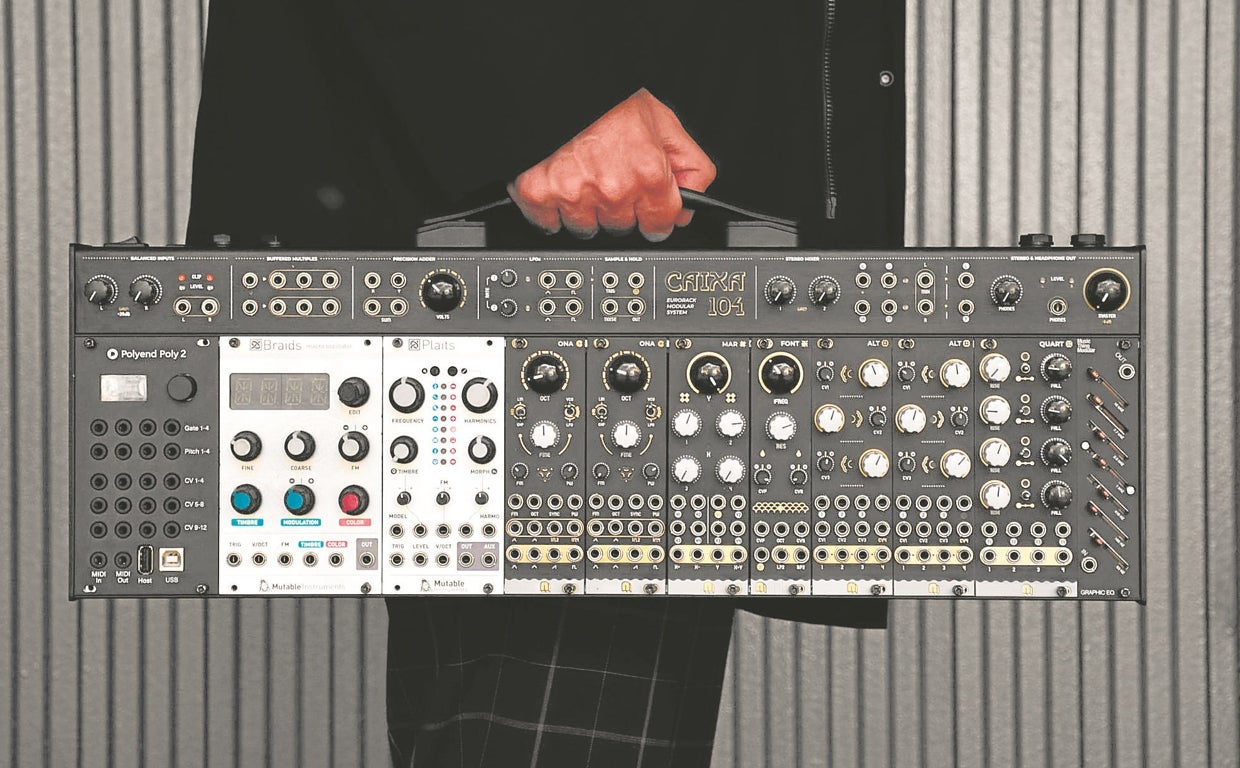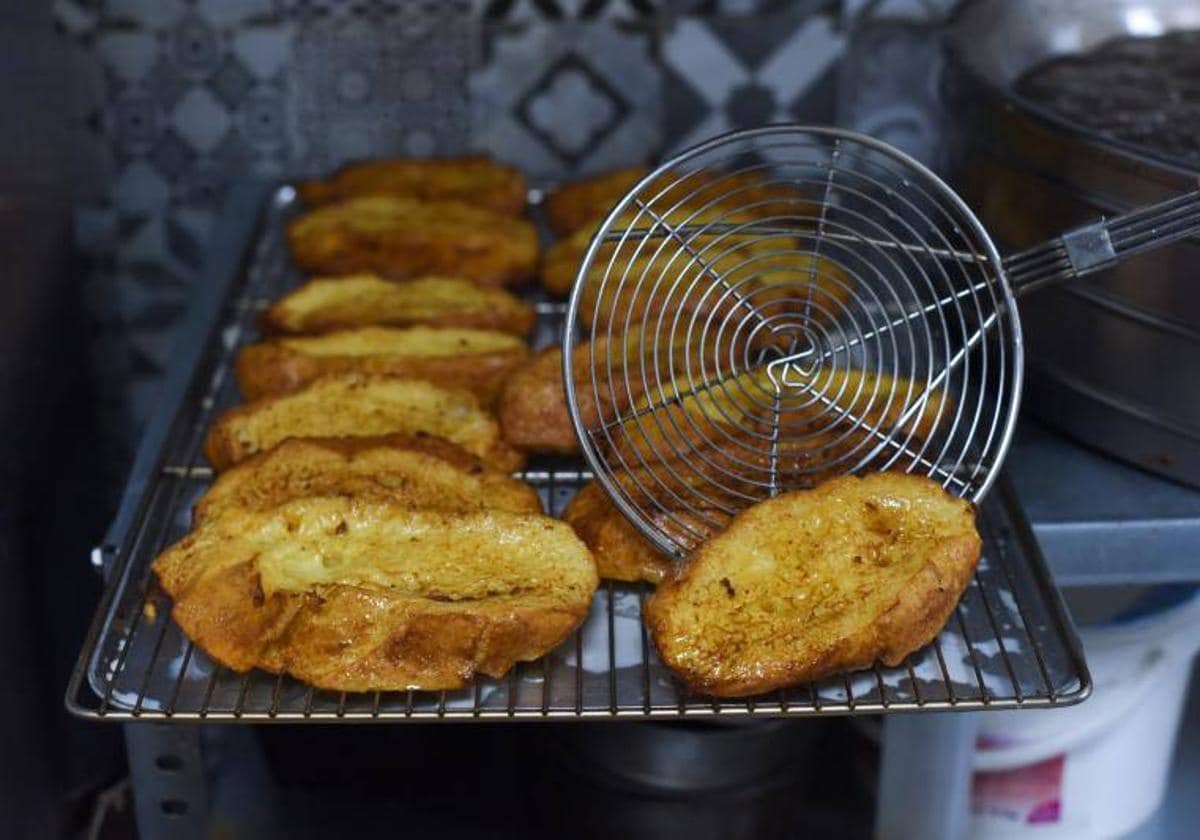The intense innovation melody of Spanish startups

Innovation is inherent in the development of music. It could be thought that humanity has reached a moment in which the way of generating sounds or in which the traditional scheme of a rock band (guitar, bass, drums) has reached an immovable model for times to come. However, the reality is that the world of music continues to explore the creation of new instruments or devices to explore different sounds that can potentially transform the way of composing.
A recent example is auto-tune, an audio processor for voices that generates the typical sound effects of reggaeton or trap singers to create their songs. Initially, the auto-tune is an algorithm created by a geophysicist who worked for Exxon in the analysis of the data generated by a seismic wave to search for oil deposits. Later, this algorithm began to be used in the world of music until it became a tool that has revolutionized songs.
This, like MIDI, is just one of the many examples that demonstrate the weight that the development of technology and computing has had on the creation of songs in recent years. "Most of the radio hits in recent years have been made with a computer and little else," says Manuel Vázquez, founder of Oxi Instruments, a Spanish company that markets a product called OXI One, which is a pure sequencer and controller. . This means that it does not emit sounds, but rather provides the user with tools to generate musical ideas to compose with, such as rhythmic patterns, melodies and tools to modulate sounds.
"Increasingly, both musicians and fans are looking to get away from the PC to make music with instruments again, but this time they are electronic, such as a tablet or devices like Oxi One," says Vázquez. Based in Galicia and founded in 2019, the company emerged to create a product that mixes drum patterns and simple chord progressions. To raise funds, he launched a campaign on the crowdfunding website Indiegogo to get an amount of money that he gave him to manufacture 600 computers.
at a good pace
The size of the global market for musical instruments was valued at 9,826 million dollars in 2020, but it is expected to reach 11,589 million in 2030. It is a mature market in which traditional brands such as Roland, Fender, Yamaha or Gibson are also innovating with the launch of new products such as electric batteries. In this aspect, the commercialization of these products is potentially global, since a person can buy an instrument regardless of the language they speak. For example, in the case of Oxi Instruments, the company exports practically all of its Oxi One to North America, Germany and the United Kingdom. "I don't think sales in Spain reach 5% of the total," says Vázquez.
Above, the electronic saxophone from the Barcelona firm Odiseimusic. Below, left, the Oxi-One controller and, right, the Nano Modules synthesizer
"In Spain there are brands that are practically pioneers and have managed to stand out above many others in other countries," says Jorge Gutiérrez-Ravé, CEO and founder of Nano Modules, a Valencian company focused on the design of modular synthesizers. The company, which applied four years ago to one of the startup programs offered by Lanzadera, Juan Roig's accelerator, seeks to innovate in the design of synthesizers that are easy to understand and use, since they are usually products designed by electronic engineers who do not attach great importance to the design of the product itself.
"I think there is a great possibility of improving existing products and even inventing new ones, being such a creative sector that is in constant movement," says Gutiérrez-Ravé. About the main challenges you see in innovation for the music sector, the entrepreneur sees an increase in competition with companies that want to enter the market with their value propositions.
Difficulties
In addition, another challenge lies in the shortage of electronic components and the breaks in the supply chains that have occurred after the stoppage and the sudden reactivation of the world economy after the confinements decreed in response to the Covid pandemic. And, finally, a third factor that affects the development of all industries is inflation, since manufacturing costs are higher and profit margins are reduced, explains Gutiérrez-Ravé.
Crowdfunding, as in the case of Nano Modules, is one option that has been used by other companies such as Odiseimusic, which makes a small electronic saxophone called the Travel Sax. "We did a Kickstarter in 2019, when we started, and we financed the first year of the company's life by raising $100,000 in a month," says Ramón Mañas, CEO and founder of this Barcelona-based company. In his case, his Travel Sax product is an easily transportable saxophone that can be connected to headphones and practiced 100% in silence, since one of the problems with wind saxophones is that they are heavy and emit a powerful sound that can annoy others. the neighbors.
The company is now marketing the Travel Sax 2, the updated version of the Travel Sax 1. "Of version 1 we sold more than 1,600 units and of version 2 we have pre-sold 650. Right now we are in the process of manufacturing version 2 and we will start delivering these pre-sold units in September”, says Mañas. After carrying out that collective financing campaign on Kickstarter, they have managed to generate cash that has allowed them to scale the company. However, in 2021 they crowdfunded again on Indiegogo to finance the making of version 2 of the Travel Sax. “In our case, I think that being a tangible product makes it easier to get financing,” says Mañas.
They are examples of how Spanish startups set the pace of innovation in musical activity.










